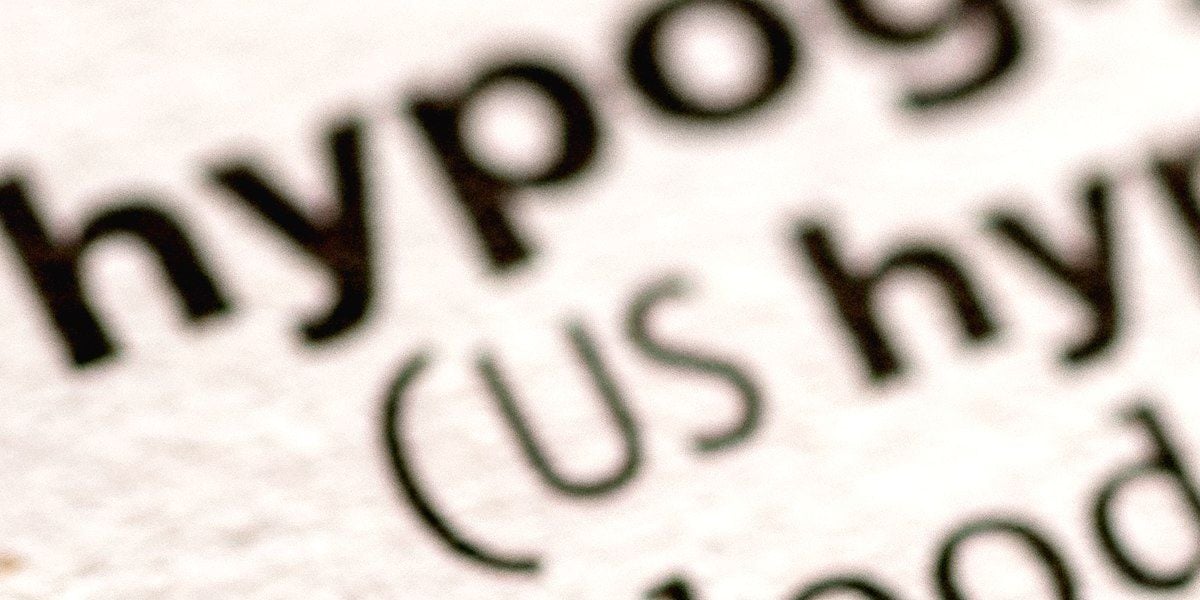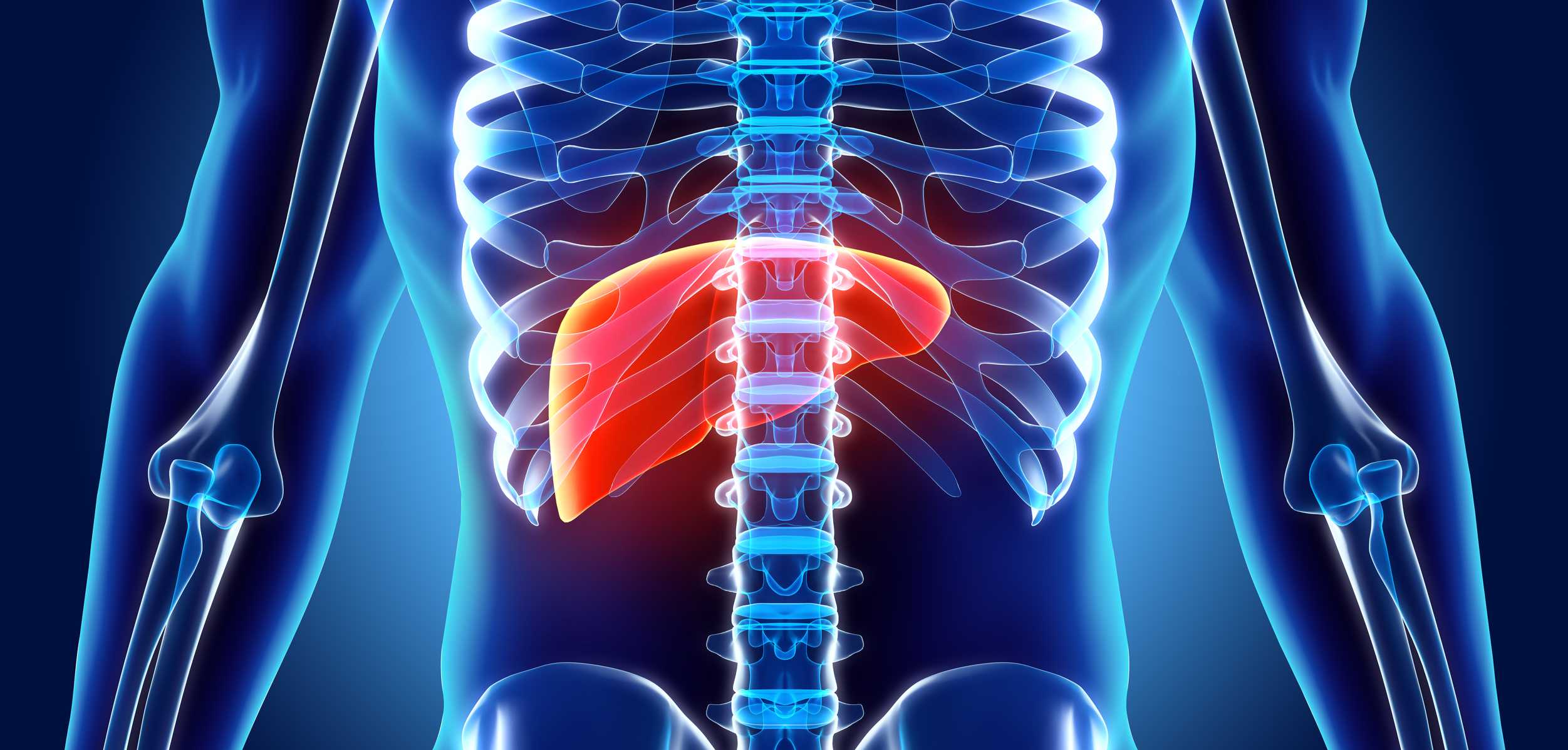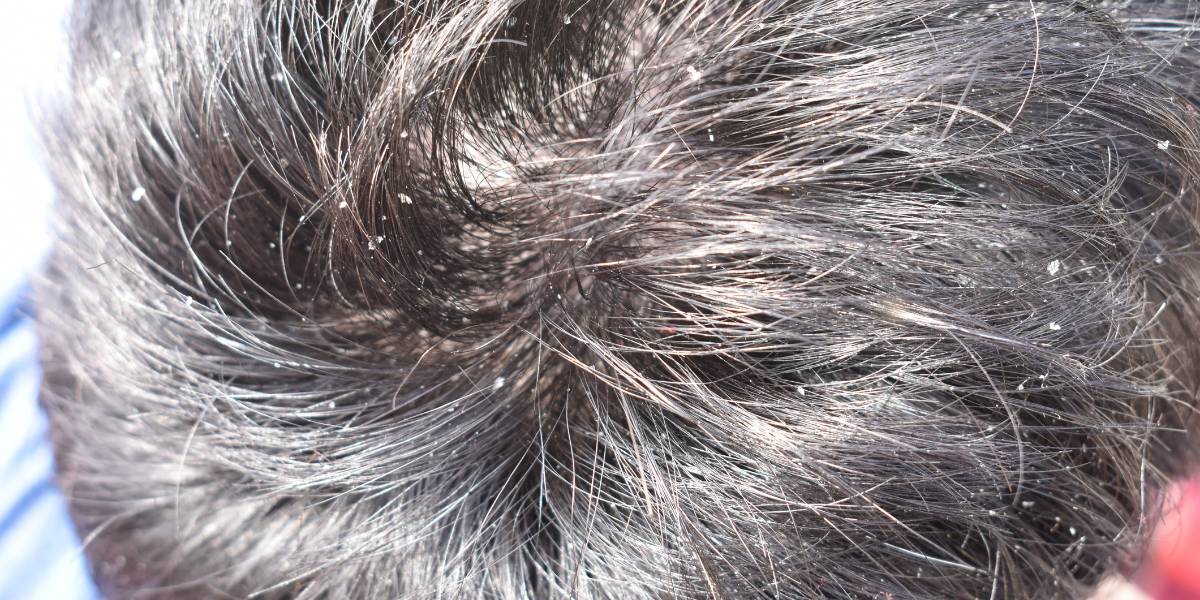Reactive hypoglycemia is the general term for having a hypo after eating, which is when blood glucose levels become dangerously low following a meal.
Also known as postprandial hypoglycemia, drops in blood sugar are usually recurrent and occur within four hours after eating.
Reactive hypoglycemia can occur in both people with and without diabetes, and is thought to be more common in overweight individuals or those who have had gastric bypass surgery
What are the causes of reactive hypoglycemia?
Scientists believe reactive hypoglycemia to be the result of too much insulin being produced and released by the pancreas following a large carbohydrate-based meal.
This excess insulin production and secretion continues after the glucose derived from the meal has been digested, causing the amount of glucose in the bloodstream to fall to a lower-than-normal level.
What causes this increase in pancreatic activity is unclear.
One possible explanation is that in rare cases, a benign (non-cancerous) tumour in the pancreas may cause an overproduction of insulin, or too much glucose may be used up by the tumour itself.
Another is that reactive hypoglycemia is caused by deficiencies in glucagon secretion
In the U.S. the National Institutes of Health (NIH) states that “the causes of most cases of reactive hypoglycemia are still open to debate”.
Signs and symptoms of reactive hypoglycemia
Symptoms of reactive hypoglycemia can include:
- Anxiety
- Blurred vision
- Confusion
- Dizzy spells
- Fatigue
- Headaches
- Heart palpitations
- Increased hunger
- Irritability
- Light-headedness
- Sleeping problems
- Sweating
- Weakness
When talking about the signs of reactive hypoglycemia, it’s important to note that many of these symptoms can be experienced without actually having low blood sugar
In fact, it is rare for such symptoms to be caused by falling blood sugar levels after eating, with the actual cause for many people often relating to what food was eaten or variations in the timing of the food moving through the stomach and intestinal tract.
If there is no hypoglycemia at the time of the symptoms, you may have what is known as “postprandial syndrome”.
Treatment
No medical treatment is usually required for cases of reactive hypoglycemia. Instead, patients are generally advised to:
- Reduce carbohydrate intake and/or eat frequent small meals – the first step of treatment is to split your daily diet into several small meals and snacks, no more than 3 hours apart., which are less carb-heavy.
- Eat a well-balanced diet, including meat, poultry, fish, nonmeat sources of protein, dairy products and fibre-rich foods such as whole grains, fruit and vegetables.
- Avoid or limit sugary foods and drinks, especially soft drinks rich in glucose or sucrose.
- Exercise regularly – physical activity increases sugar uptake which, in turn, decreases excessive insulin release.
- Eat food when drinking alcohol and avoid using sugary soft drinks as mixers.
Further evaluation by a doctor may be required for some people, such as those who have had intestinal surgery (e.g. gastric bypass).
Can hypo unawareness be dangerous?
Reduced hypo awareness can potentially be dangerous. If you suffer hypoglycemia you should be careful to test before putting either yourself or others in any potential danger.
Examples when hypoglycemia and unawareness of it could be particularly dangerous include driving, operating dangerous machinery at work and even day to day tasks such as cooking or even crossing the road.
Improving hypo awareness signs
If you are suffering from impaired hypo unawareness, you may be advised to increase your window of blood glucose control for a period of time to get your numbers higher and prevent hypos from occurring so often.
Studies have found this method to be successful.
If you have frequent hypos you may need to test your blood sugar more often, to help get better control as well as to catch hypos earlier. Try to record which events lead to hypos so you can spot trends and prevent them in future.




